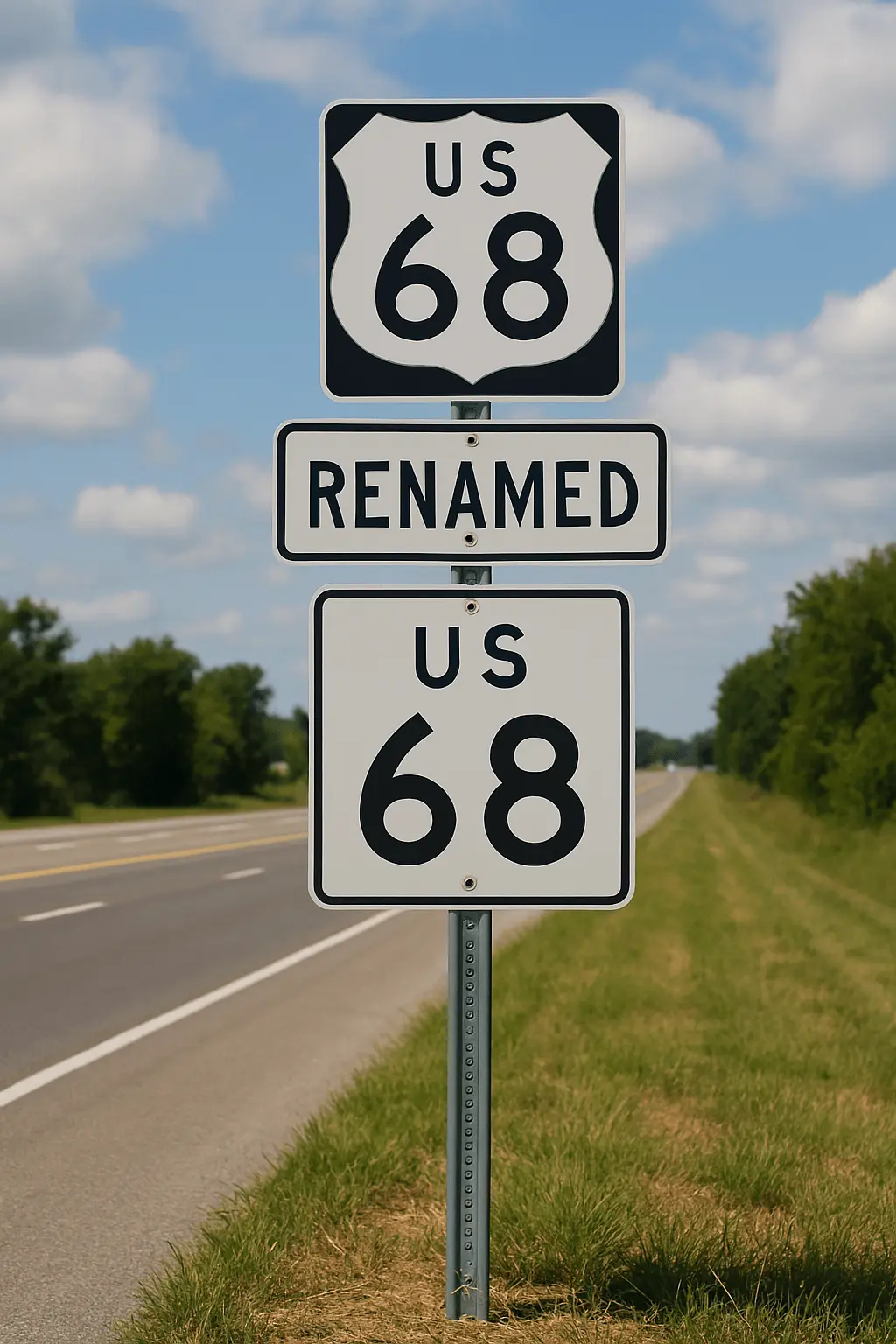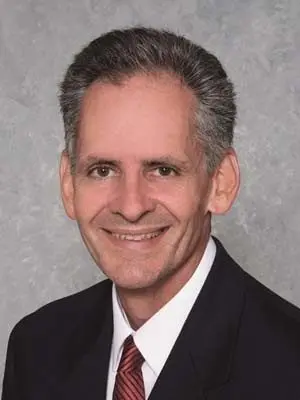 (Washington, D.C.)— In a move that has baffled transportation officials and amused late-night hosts, lawmakers from both major parties have launched competing efforts to rename U.S. Highway 68—to U.S. Highway 68.
(Washington, D.C.)— In a move that has baffled transportation officials and amused late-night hosts, lawmakers from both major parties have launched competing efforts to rename U.S. Highway 68—to U.S. Highway 68.
The controversy stems not from the number itself, but from the historical context of its designation. Originally named during a Democratic administration in the mid-20th century, the highway has become an unlikely symbol of partisan legacy. Republicans argue that its naming reflects a “bureaucratic overreach” from a bygone era, while Democrats insist the route represents “a progressive vision for rural connectivity.”
A Battle Over Semantics
Senator Thomas Ellison (R-KY) introduced legislation last month to “reaffirm the designation of U.S. Highway 68 under constitutional principles of state sovereignty. Let’s Make 68, Great Again!”The bill would replace existing signage with new markers bearing the same number, but with a revised typeface and the phrase “Established by the People’s Will” printed beneath.
Not to be outdone, Representative Marisol Grant (D-MO) countered with her own bill to “recontextualize Highway 68 as a symbol of inclusive infrastructure,” proposing identical signage with the tagline “A Road for All Americans.”
Both bills would allocate federal funds to replace thousands of signs across Kentucky, Missouri, and Ohio—despite no change in route, number, or function.
Committee Hearings Turn Tense
During a Transportation and Infrastructure Committee hearing last week, tempers flared.
“This is about reclaiming the narrative,” Ellison said. “We cannot allow a highway to stand as a monument to centralized planning.”
Grant responded, “This is performative federalism. The road doesn’t care who named it—it’s asphalt.”
Transportation Secretary Elaine Monroe attempted to mediate, noting that the Federal Highway Administration does not typically engage in symbolic renamings of existing routes unless there is a compelling logistical reason.
“There is no logistical reason,” Monroe said flatly. “It’s the same road.”
Millions for Nothing?
The Congressional Budget Office estimates that the renaming efforts—if either bill passes—would cost approximately $11.2 million, primarily for sign replacement, public awareness campaigns, and administrative coordination between state DOTs.
Local officials have expressed frustration.
“We’re being asked to spend millions to rename a highway to the same name,” said Kentucky Transportation Cabinet spokesperson Penny Lane. “Meanwhile, we have bridges collapsing and rural roads that haven’t been repaved since the Reagan administration.”
Public Reaction
A recent Pew survey found that 99% of Americans were unaware that Highway 68 was even under debate. Of those who were, 98% said they “did not care,” and a mere 1% said they “cared negatively.”
“I just want to get to Paducah,” said one respondent. Another survey response was to the point, “Don’t mess with my blasted 400 Mile Yard Sale!”
The Road Ahead
Despite bipartisan support for infrastructure investment, the Highway 68 renaming saga underscores a deeper trend in American politics: the prioritization of symbolic victories over substantive progress.
As of this writing, both bills remain in committee. Meanwhile, Highway 68 continues to carry thousands of drivers daily—oblivious to the political theater unfolding in its name





